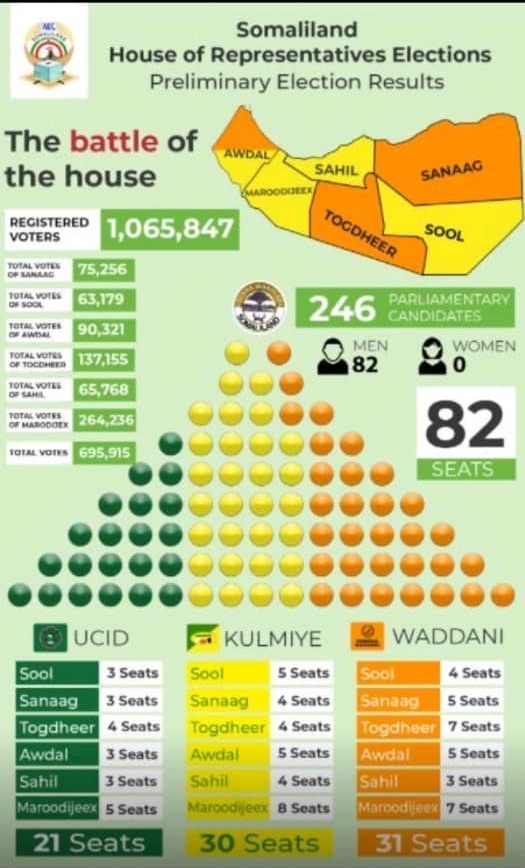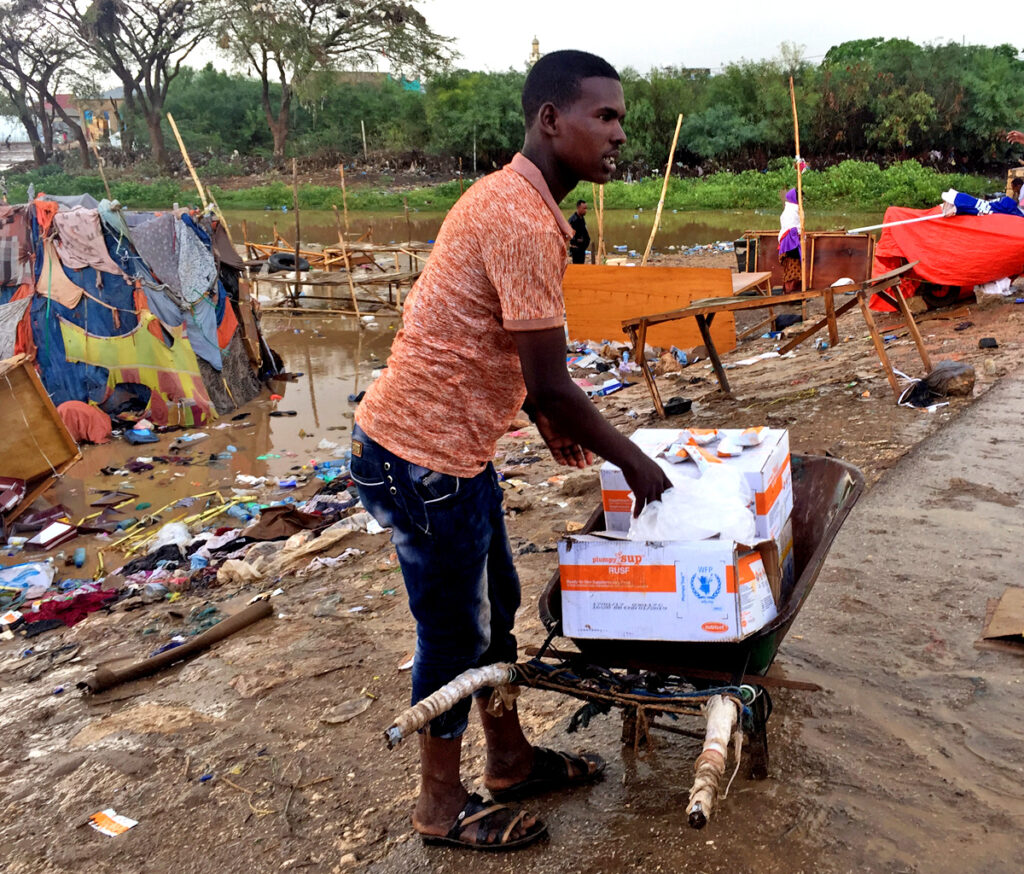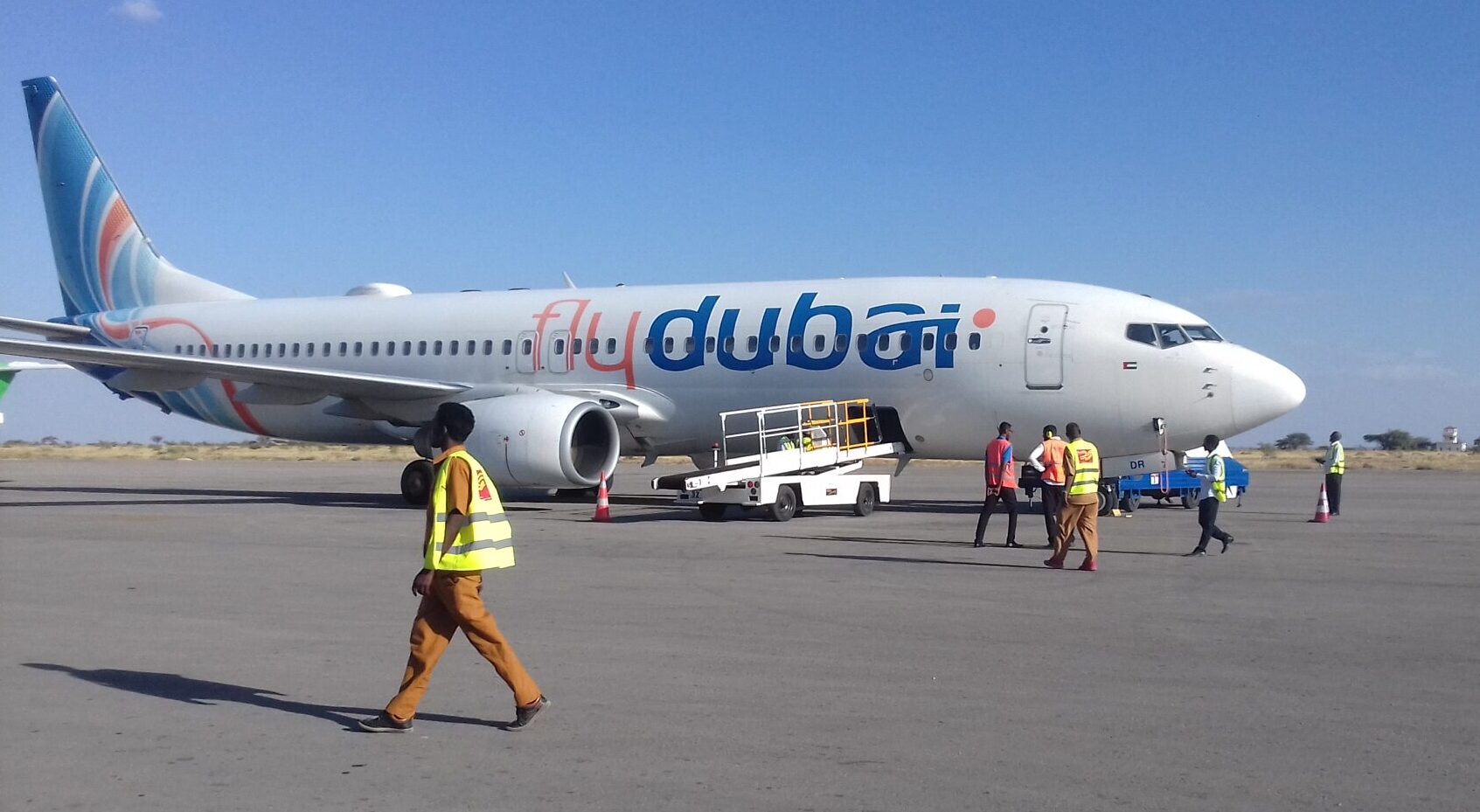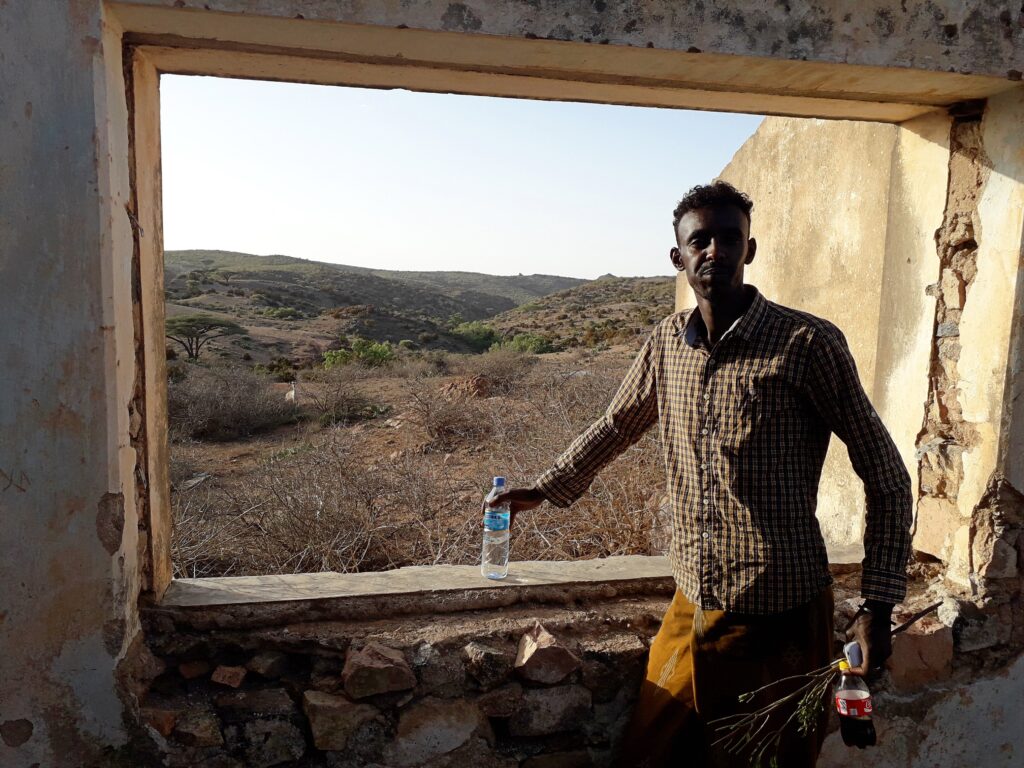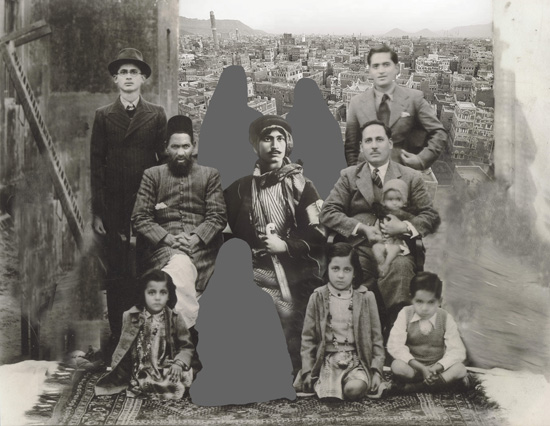I first arrived in Afghanistan on March 21, 2000. I was immediately whisked into the office of the Taliban Deputy Minister for Culture, who warmly welcomed my mission to collaborate on the documentation and protection of cultural heritage. In the following seven months I occasionally worked with him and other Taliban authorities, mostly at the provincial and district level, as I surveyed Afghan monuments and archaeological sites and undertook some small-scale protection and restoration works. I lived in Kabul and moved freely, without needing any protection, through the city and the country, except in the Northeastern areas held by the opposition.
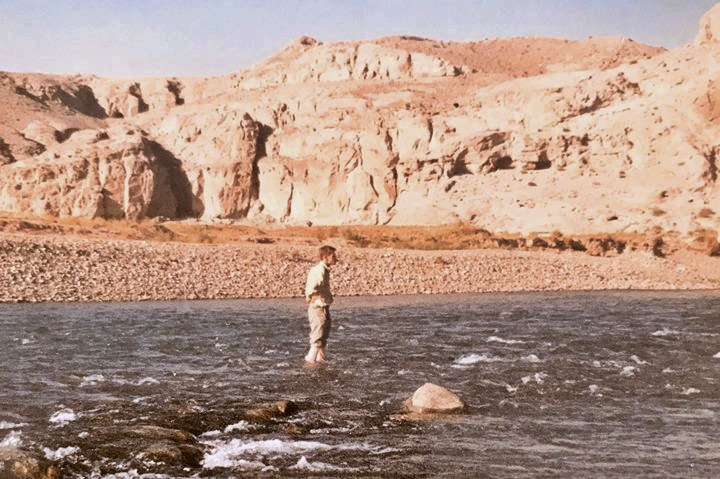
I found the Taliban personable and hospitable as only Afghans can be, but I also noticed they were often uncultivated and inept, and intensely disliked by my Afghan colleagues. I once co-hosted a political gathering of Taliban (for the opening of the National Museum in August 2000) and then noticed that usually calm Taliban contacts suddenly agitated for jihad and national cultural resistance (the museum was closed again after three days): to me an antipathetic group identity and project. Moreover the Taliban were clearly incapable of governing the country – in four years since they had gained power they had not restored any buildings, and only paved 20 km of road – and most Afghans I met ardently longed they would disappear.
Continue reading
